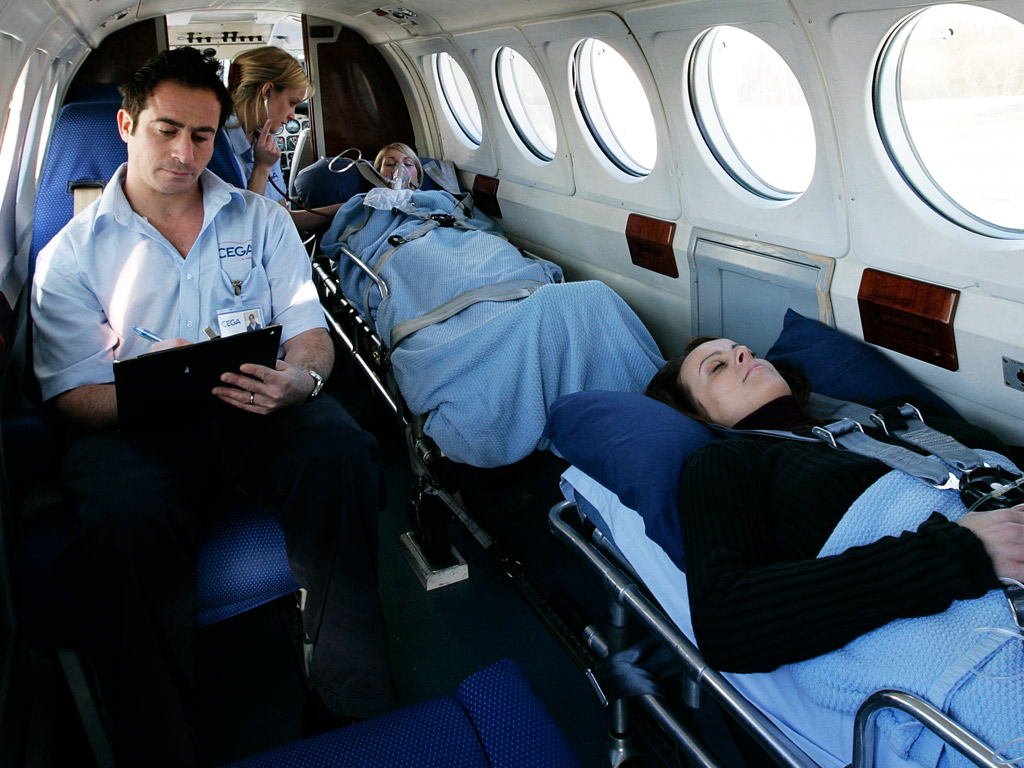Rising Demand for Medical Repatriation Shines Spotlight on Quality of Provision

CEGA Group's Emergency Repatriation Manager, Cecilia Geofilo-Pearson gives us CEGA's insights about the development of global repatriation. Ms Geofilo-Pearson elaborates the increase of demand for global repatriation and the challenges to accommodate the demand for IPMI companies. She also highlights the need for partnerships within the IPMI community to ensure the quality of the service. Learn more about this in her full insight article below.
Cecilia Geofilo-Pearson, Emergency Repatriation Manager for CEGA, the repatriation, global assistance and claims specialists
An increase in global mobility has, inevitably, come hand-in-hand with a rise in demand for medical repatriations to all four corners of the world.
But the process of repatriation can never be based on a “one-size fits all” approach - as the infamous case of the young man with a spinal injury in Indonesia recently proved. His repatriation doctor tried to squeeze him into the seat of a scheduled airline - much to his family’s horror - instead of organising the stretcher repatriation that befitted his condition. No one wants that sort of distress added to an already stressful situation.
But how can clients distinguish between the reliable repatriation provider and their unreliable counterpart?
Check that they have the experience to deal with the medical, logistical and geographical challenges specific to your case. Make sure they base any travel decisions on a full medical assessment of the patient and collaborative discussions with his or her treating doctor, in whatever language they speak. Then ensure that an appropriate medical escort will accompany the patient throughout their journey: from one hospital bed to the other.
Lastly, if you want to see the reality behind a provider’s rhetoric, just look at their customer feedback. And expect a truly bespoke service.
A bespoke service may involve (just for a start) road transfers by ambulance; sea transfers by boat; commercial flights with stretchers, seats or full intensive care support and, of course, air ambulances. A provider will often need to manage all of this within the context of time constraints and geographically or politically hostile environments: relying on a global network of trusted transport and administrative partners to do so. And their ability to make travel arrangements for relatives, translate important medical information and communicate with doctors overseas should be part of the process.
Above all, medical repatriation is a highly complex operation that must be executed with military precision.

Leave a Comment
* Fields marked with this asterisk are mandatory.